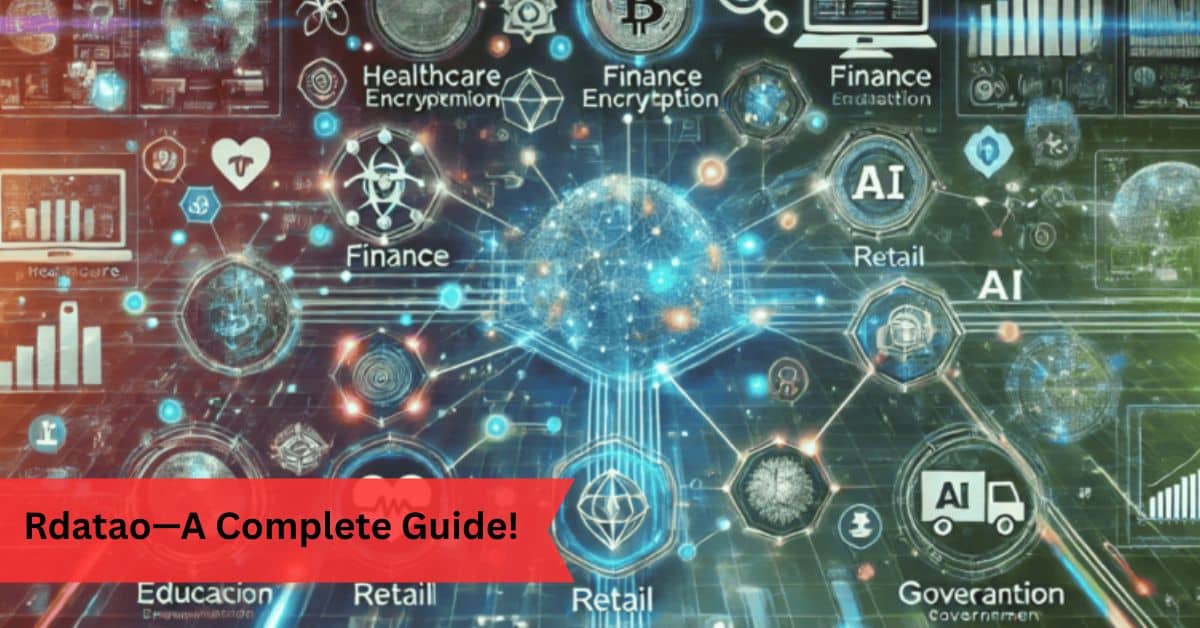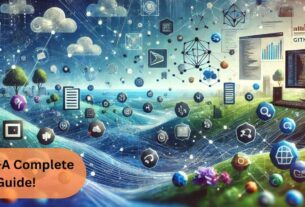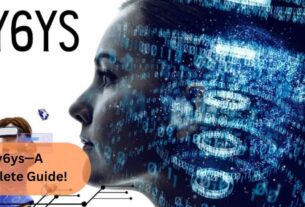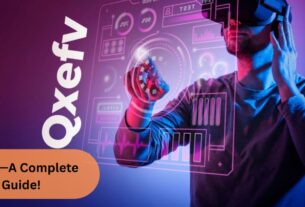Using Rdatao in our organization transformed how we manage and analyze data. Its real-time insights and no-code interface helped us make faster, smarter decisions with ease.
Rdatao is an advanced data analytics and management platform using AI and blockchain to deliver real-time insights and secure data handling.
In this article we discuss about “Rdatao”
Table of Contents
The Future of Smart Data Management and AI-Driven Analytics:
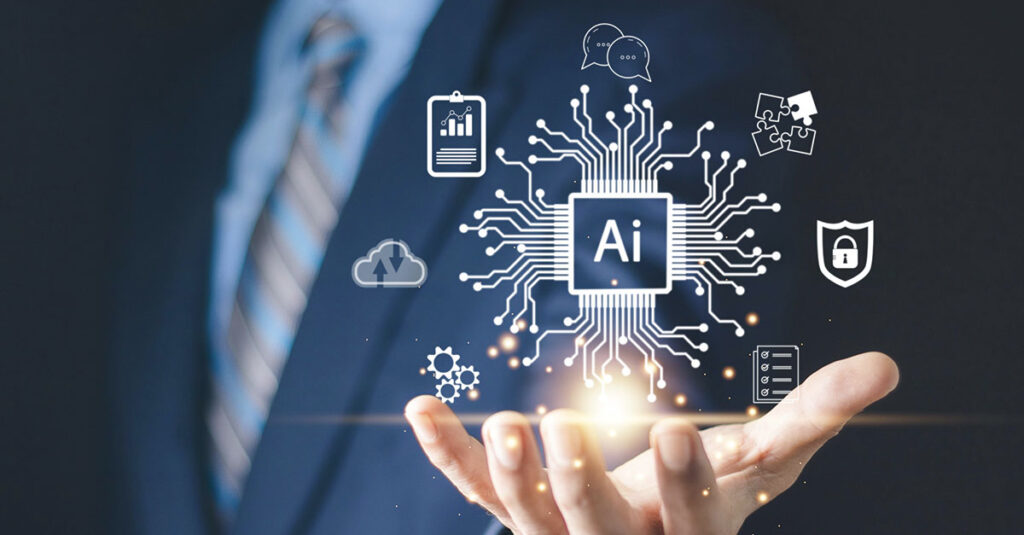
In today’s rapidly evolving digital ecosystem, data is more than just numbers—it’s the foundation of innovation, strategic decision-making, and competitive advantage. RDatao is leading a new era of intelligent data management and analytics by combining blockchain security, artificial intelligence (AI), and real-time processing. Businesses no longer have to rely on scattered tools or outdated systems; with RData, all your data needs are centralized, secure, and smartly automated.
What Is RDatao?
RDatao is a robust cloud-based platform designed to simplify and streamline how organizations collect, process, and analyze large volumes of data. Unlike conventional tools that require specialized IT teams, RDatao offers a user-friendly interface, drag-and-drop analytics, and machine learning (ML) modules to make data access easier for everyone—from data scientists to business managers.
What truly sets RDatao apart is its hybrid architecture that supports real-time data streaming, historical analysis, and predictive modeling—all while ensuring complete data transparency through blockchain-based encryption and logs.
Core Features That Define RDatao:
1. AI-Powered Predictive Analytics:
Based on past and present trends, RDatao forecasts future events in addition to analyzing data. Users can find trends, consumer behavior, risk factors, and growth prospects with the help of integrated machine learning algorithms.
- Customer churn prediction
- Dynamic pricing suggestions
- Market trend forecasting
- Product recommendation engines
2. Real-Time Data Processing Engine:
In industries where timing is critical—like finance, healthcare, or logistics—Data offers instantaneous processing. This means businesses can make quick, data-driven decisions based on the most up-to-date information, minimizing delays and maximizing responsiveness.
3. Blockchain-Powered Security Layer:
Data security is no longer optional. RDatao integrates blockchain technology to create immutable audit trails, making every data entry tamper-proof, traceable, and compliant with international standards like:
- GDPR
- HIPAA
- SOC 2
- ISO 27001
4. Seamless Integration and Format Support:
RDatao is designed to fit into your existing ecosystem. It supports:
- CSV, JSON, XML, SQL databases
- API integrations with CRMs, ERPs, and cloud storage
- Compatibility with programs such as Google Data Studio, Tableau, and Power BI.
This flexibility enables businesses to migrate to RDatao without overhauling their tech infrastructure.
5. Drag-and-Drop Interface:
Gone are the days when analytics tools required advanced coding knowledge. RDatao’s no-code platform allows users to:
- Create dashboards
- Set up automation rules
- Design workflows
- Generate reports
…all through a simple visual builder.
Benefits of Using RData in Modern Organizations:
1. Improved Data Governance:
RDatao helps enforce data integrity by cleaning, de-duplicating, and validating data on entry. This leads to more consistent, trustworthy insights and ensures that everyone works with a single version of the truth.
2. Enhanced Collaboration Across Teams:
With centralized access, RDatao promotes cross-departmental communication. Marketing, sales, finance, and operations can all use shared dashboards, reducing silos and enabling unified decision-making.
3. Streamlined Automation:
RDatao can automate repetitive tasks such as:
- Daily sales reports
- KPI monitoring
- Email alerts for anomalies
- Customer feedback analysis
This improves efficiency while freeing up staff for higher-level thinking.
4. Cost and Resource Optimization:
Instead of paying for separate tools for ETL, reporting, security, and visualization, RDatao offers an all-in-one solution. Its cloud-first model eliminates hardware maintenance and enables usage-based billing.
Real-World Applications of RDatao Across Industries:
1. Healthcare:
Hospitals and clinics use RDatao to manage electronic health records (EHRs), track treatment success rates, and even detect early signs of disease outbreaks using predictive modeling. Blockchain ensures full compliance with privacy laws, while real-time dashboards support life-saving decisions.
2. Finance:
Banks, fintech firms, and insurance companies rely on RDatao for:
- Real-time fraud detection
- Portfolio performance analysis
- Regulatory compliance auditing
- Automated loan risk scoring
AI helps identify suspicious patterns, reducing financial crime and enhancing customer trust.
3. Retail:
RDatao allows retailers to monitor:
- Customer purchase behavior
- Stock levels across warehouses
- Product performance by location
Retailers can then forecast demand, reduce inventory waste, and improve customer experiences through targeted promotions.
4. Education:
Schools and universities use RDatao to:
- Analyze student performance trends
- Personalized learning plans
- Monitor attendance and retention
- Manage alumni databases
Educators can gain actionable insights without requiring advanced IT support.
5. Government:
Public agencies leverage RDatao for:
- Citizen data management
- Smart city planning
- Budget optimization
- Secure e-voting platforms
Its auditability, transparency, and speed are essential for delivering digital governance.
How to Set Up RDatao in Your Organization:

1. Define Your Data Architecture:
Start by identifying where your data comes from (e.g., CRMs, sales platforms, ERPs) and what insights you want to generate.
2. Download and Configure:
Get the latest version of RDatao from the official site. Configuration includes:
- Setting processing parameters
- Allocating memory
- Defining user roles and permissions
3. Data Import and Transformation:
Use the integrated import tools to upload your data. Batch uploads and real-time API streaming are both supported by RDatao. During the import procedure, you can also use transformation scripts, rules, and filters.
4. Dashboard Customization:
Create personalized dashboards for different teams. For example:
- Sales: conversion rates, lead sources
- HR: employee retention, training outcomes
- Finance: budget vs. actual reports
Common Challenges and How RDatao Solves Them:
1. Initial Learning Curve:
Solution: RDatao provides step-by-step onboarding, video tutorials, and 24/7 support to get your team up to speed.
2. Processing Heavy Datasets:
Solution: Use its auto-scaling cloud infrastructure and optimize queries to maintain top performance even with billions of data points.
3. Resistance to New Technology:
Solution: Involve key stakeholders early, show early wins with small datasets, and emphasize how RDatao reduces workloads, not adds to them.
What’s Coming Next for RDatao?
RDatao is constantly evolving. Here are some future upgrades already in the pipeline:
- Natural Language Queries: Ask RDatao questions in plain English like “What were our top-selling products last month?”
- Self-Healing Data Pipelines: AI to automatically fix data pipeline errors.
- Cross-Platform Collaboration: Deep integration with Slack, Microsoft Teams, and Google Workspace.
These updates aim to make RDatao the most intuitive and intelligent data platform on the market.
Key Features That Make Rdatao Stand Out:
Rdatao distinguishes itself through its advanced features like AI-powered analytics, real-time data processing, and blockchain-based security. Its user-friendly interface allows both technical and non-technical users to navigate complex datasets with ease. The platform’s ability to scale, integrate with existing systems, and handle multiple data formats makes Rdatao a versatile tool for modern data-driven businesses.
Benefits of Using Rdatao for Data Management:
With Rdatao, organizations can streamline their data workflows, reduce operational costs, and improve decision-making accuracy. The platform automates repetitive tasks, ensures data consistency, and centralizes data access. These benefits lead to better collaboration, increased efficiency, and stronger compliance with data regulations—all critical aspects of effective data management.
How Rdatao Enhances Business Intelligence and Analytics:
Rdatao leverages artificial intelligence to uncover hidden patterns, forecast trends, and deliver actionable insights. By processing data in real time and offering customizable dashboards, Rdatao empowers businesses to make informed decisions quickly. This boosts the overall effectiveness of business intelligence strategies and supports data-driven growth.
Real-World Applications of Rdatao Across Industries:
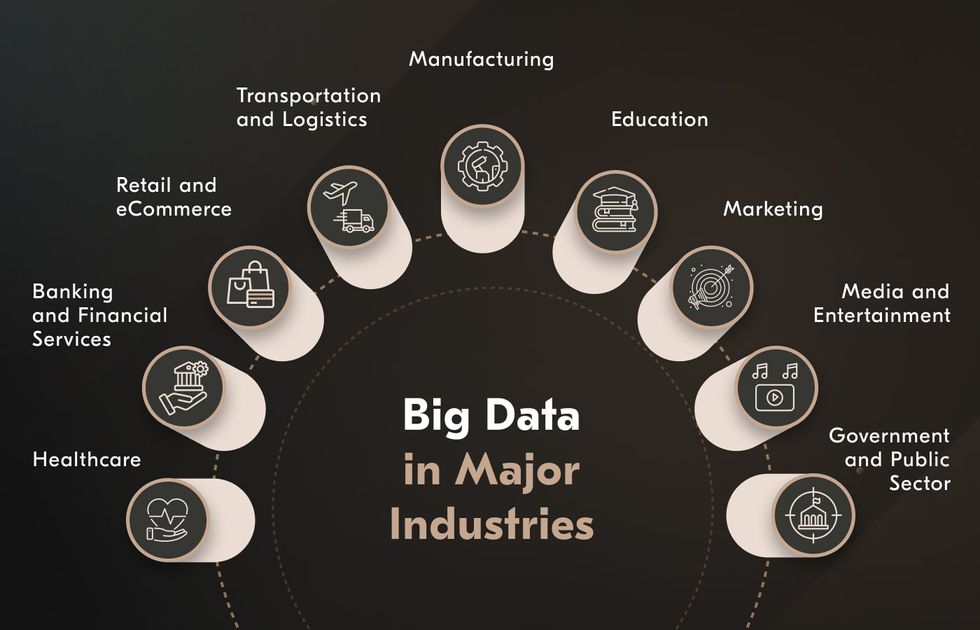
Rdatao is used across various sectors including healthcare, finance, retail, education, and government. Healthcare providers use it for patient data management, while financial firms rely on it for fraud detection and risk assessment. Retailers optimize inventory and customer engagement using Rdatao, making it a powerful, industry-agnostic solution for modern data challenges.
Frequently Asked Question:
1. What is Rdatao used for?
Rdatao is a modern data management and analytics platform used for processing large datasets, generating real-time insights, and supporting data-driven decision-making. It combines AI, machine learning, and blockchain to ensure secure and efficient data handling.
2. Is Rdatao suitable for small businesses?
Yes, Rdatao is highly scalable, making it suitable for startups as well as large enterprises. Its user-friendly interface and cloud-based model help small businesses adopt data analytics without heavy infrastructure or technical expertise.
3. How secure is Rdatao for sensitive data?
Rdatao uses blockchain encryption, access control, and audit trails to safeguard sensitive information. It is compliant with data regulations like GDPR and HIPAA, making it a secure solution for industries that manage confidential data.
4. Does Rdatao support real-time data analytics?
Yes, Rdatao supports real-time data processing, allowing businesses to monitor operations, customer behavior, or market trends as they happen. This feature is critical for industries like finance, healthcare, and retail.
5. Can non-technical users work with Rdatao?
Absolutely. Rdatao features a drag-and-drop interface and customizable dashboards that are accessible to users without a coding background. It’s designed to empower entire teams, not just IT departments.
6. What types of data formats does Rdatao accept?
Rdatao supports a wide range of data formats including CSV, SQL, JSON, and XML. This flexibility makes it easy to integrate with existing tools and migrate legacy data.
7. How does Rdatao improve decision-making?
By offering real-time insights and AI-powered analytics, Rdatao helps organizations identify trends, mitigate risks, and optimize strategies—leading to faster and smarter decision-making.
8. What industries can benefit from Rdatao?
Rdatao is used in healthcare, finance, government, education, and retail. Its ability to process and analyze complex datasets makes it a valuable tool for any data-centric industry.
9. What challenges might arise when implementing Rdatao?
Initial setup and training can be challenging for teams unfamiliar with data platforms. However, Rdatao offers documentation, tutorials, and support to ease the transition.
10. Is Rdatao available as a cloud solution?
Yes, Rdatao is a cloud-based platform, which means it can be accessed from anywhere and scaled easily without additional hardware investment.
Conclusion:
Rdatao stands at the forefront of intelligent data management, offering a unified platform that blends AI-driven analytics, real-time processing, and blockchain-level security. Whether you’re a startup aiming for smarter operations or a large enterprise handling complex data environments, Rdatao simplifier, secures, and scales your entire data workflow. Its user-friendly design, robust integrations, and industry-agnostic features make it an essential tool for organizations ready to embrace the future of data.
Read More:
